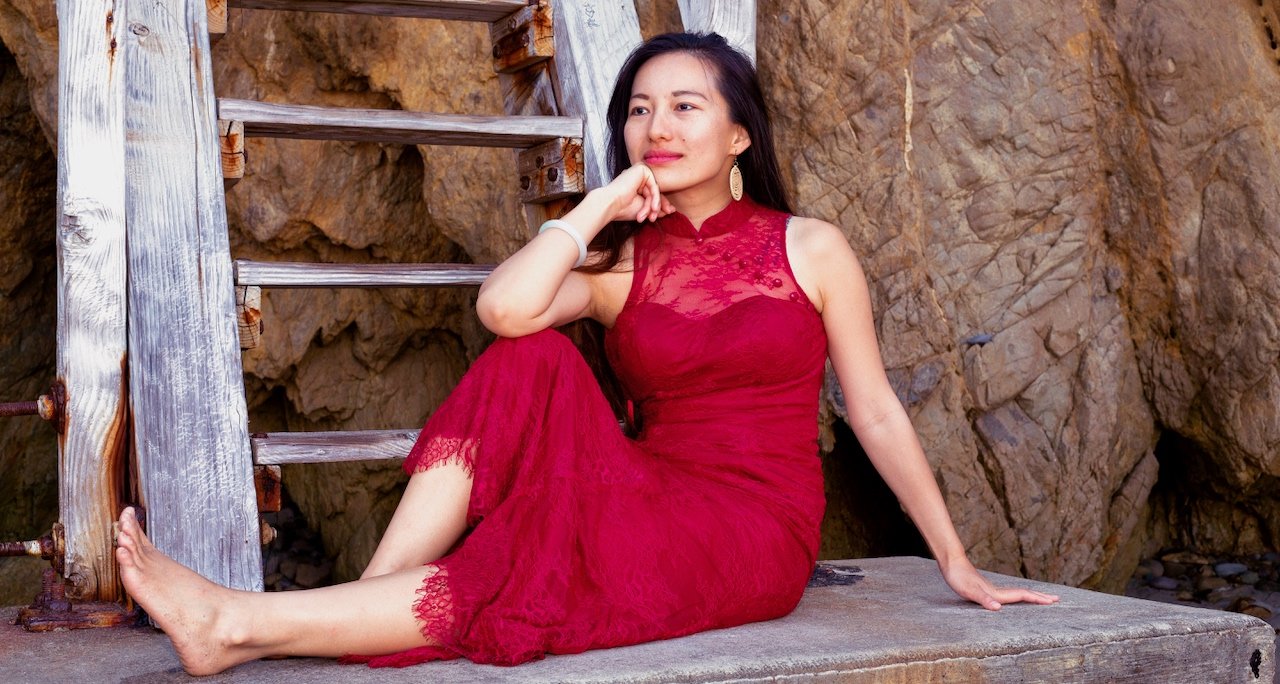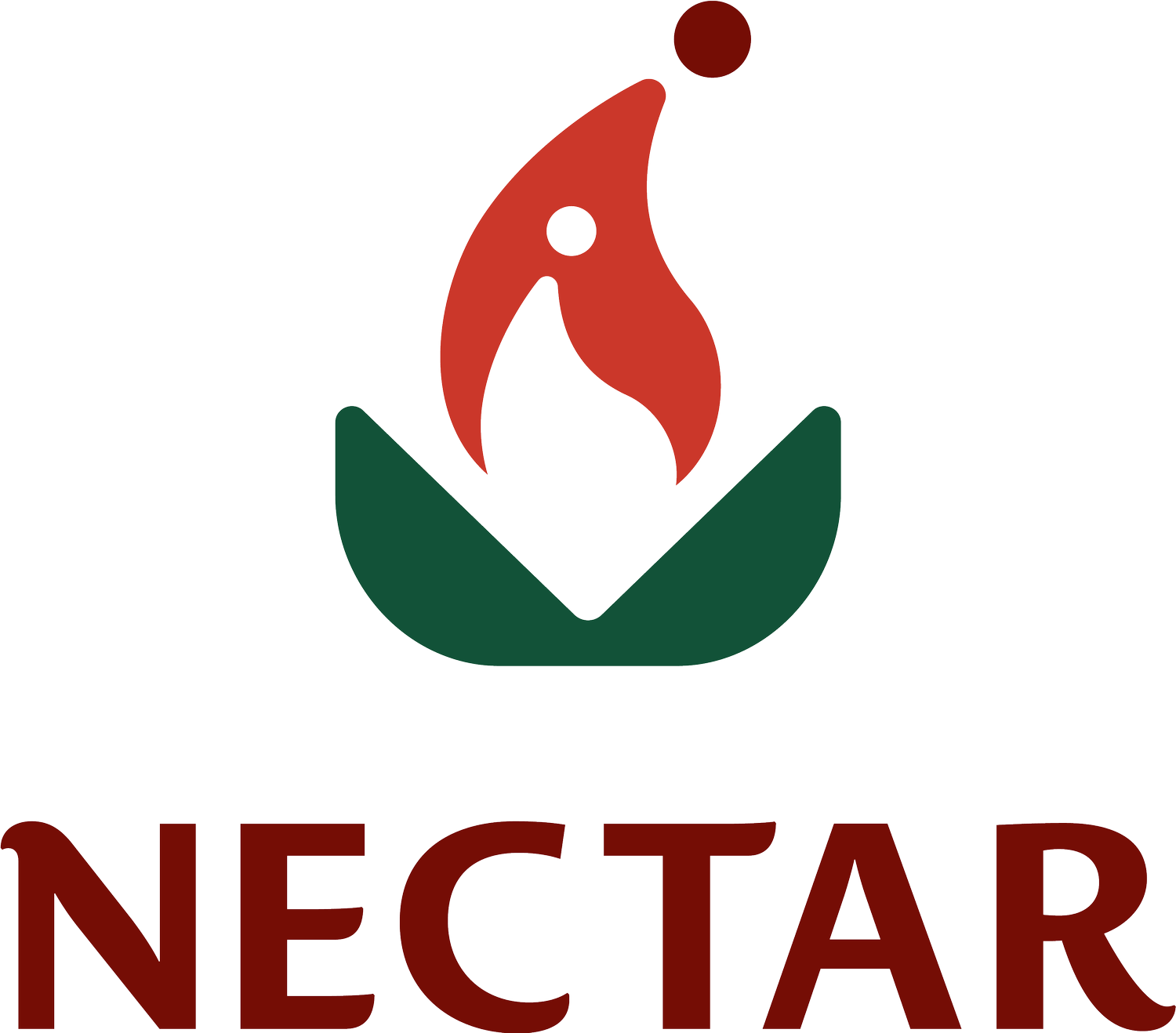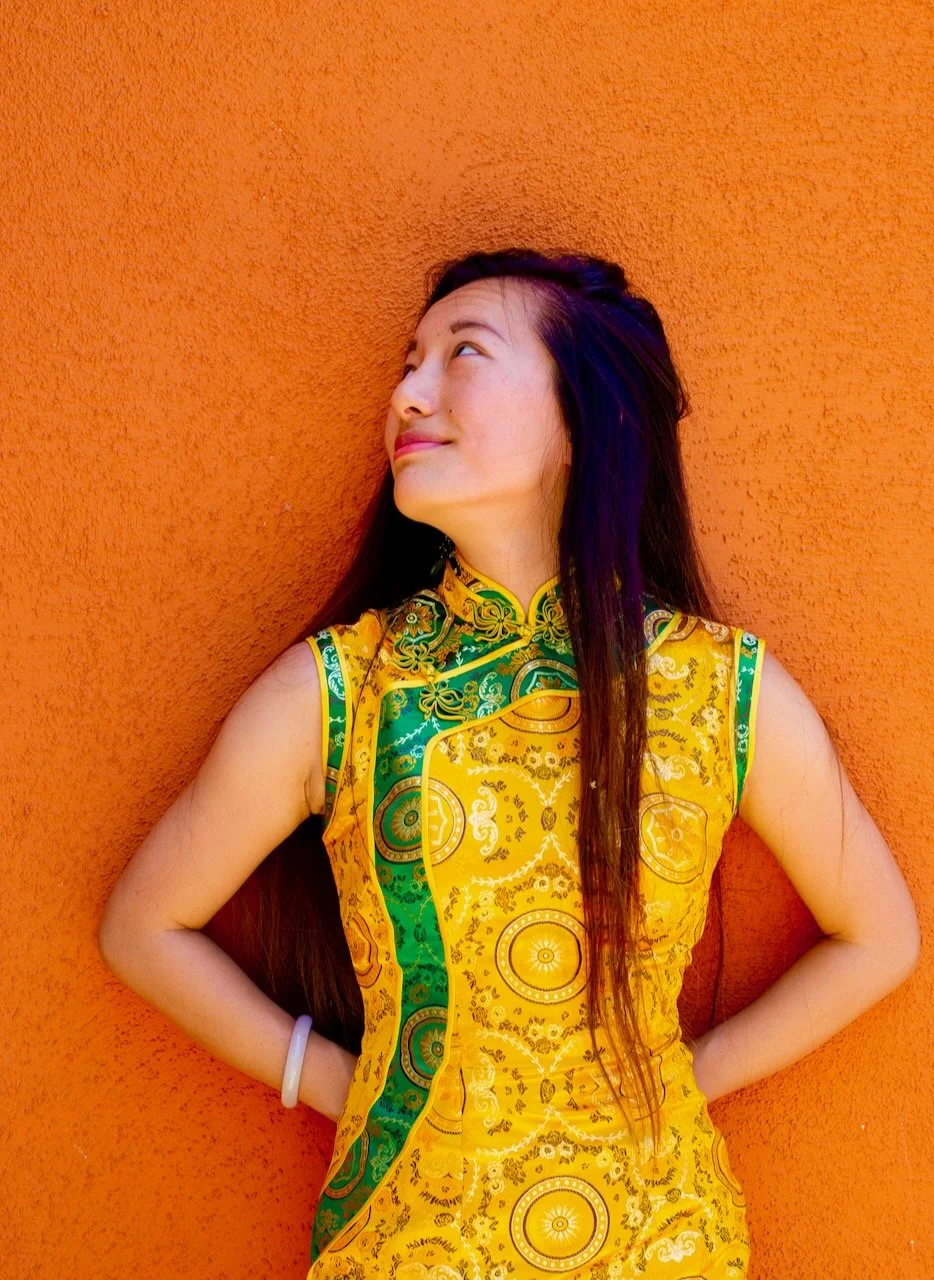
Hello! My birth name is Shengxiao (Mandarin) and my nickname is Sole (Spanish). I am a speaker, social justice educator, storyteller, writer, and facilitator. My role in the community is to contribute to our intellectual understanding of the dark and devastating parts of our humanity in order for us to move towards collective healing and liberation. I am a proud generation 1.5 Asian American.
Where and how I locate myself
I come from ancestors who flourished on the lands and waters south of the Yangzi River. My ancestors have lived through droughts and famines, they have experienced wars and survived massacres, and I carry their power and their tenderness within me. I have spent the majority of my professional life working in advocacy for grassroots community power, fighting for immigrant rights, questioning the distribution of resources, and teaching on systems of oppression. I have worked and traveled throughout many countries in Latin America and became politicized by the dark history of colonialism, imperialism, war, and occupation in many places in Latin America and beyond. I proudly claim Asian American activists as my movement ancestors and am here to continue their liberatory legacies.
I share all this to let you know the places I come from and the communities I belong to, so you have a sense of who holds me accountable and who I am answerable to.
Combining my experiences in community work and my skills as a public speaker and facilitator, I created Nectar. Through Nectar, I offer political education and facilitate healing justice through delivering keynotes, speaking on panels and workshops, writing articles, and more.
I live and work on Tongva and Kizh land, colonially known as Los Angeles.
My role in the community
My role in the community is to contribute to our intellectual understanding of the dark and devastating parts of our humanity in order for us to move towards collective healing and liberation. I am here to guide us in exploring questions such as: How did we build a racist society? Why have we been committing unrelenting violence onto each other? What is it about our hunger for power that keep us in systems of oppression? Why are we the only species that pay money to live on earth? I am here to guide us in moving closer to collective answers on: What does it look like for us to get in right relationship with ourselves and each other? How do we heal our communities and our lineages? What is our responsibility to each other? What are our commitments to each other? How do we use our desires to move towards each other and towards a more liberatory existence? How do we dance our way towards liberation?
My commitments
I am committed to being intellectually rigorous and politically serious. I am committed to practicing the principles of transformative justice in all areas of my life. I am committed to holding nuance. I am committed to being as consistent as possible in applying my values and committed to working through the tensions when values come into conflict.
I believe we all have the desire and capacity to live liberated lives, even while living under oppression. Our bodies and spirits know, deep down, that we have had to turn off a part of our humanity in order to live under oppression.
My work aims to activate us to embrace our full humanity so that we can bring more liberation into our lives now as we make our way to a more liberatory future.
At-a-glance list of my current and past professional experiences
aka the places that shaped me
Activist-in-residence, Asian American Studies Center at the University of California, Los Angeles
combine research and activism to more deeply understand the role of mis- and disinformation impacting Asian Americans and what healing justice looks like [read my final project]
Co-Chair, Asian American Disinformation Table
a national table that coordinates research, strategies, policy recommendations, pop culture, messaging interventions, & corporate accountability around issues of domestic & transnational misinformation and disinformation impacting Asian Americans
Progressive Partnerships Director, The Management Center
managed foundation partnerships that provide capacity-building support to help social change leaders build more equitable, sustainable, and results-driven organizations
Writer and Organizer, Xin Sheng Project
a platform combating misinformation in the Chinese diaspora community by publishing in-language, progressive articles that shift perspectives and build intergenerational power
Director of Partnerships, Asia and Latin America, GlobeMed
a partnership-based organization that believes health is human right, systems of oppression need to be dismantled, and people are the experts of their own experiences
Paralegal, Immigrant Legal Defense and Unaccompanied Children Project, National Immigrant Justice Center
visited unaccompanied immigrant children in detention centers 2-3 times a week to provide know your right workshops and conduct legal intakes for immigration relief
* if you are curious about additional details on these roles and more, you can view my full resume on LinkedIn
These experiences and more make up my journey of coming more fully into my being. I know that my story is still being written. Our collective story is still being written.
Through my experiences of learning, hoping, loving, and healing, I firmly believe that a liberatory world is not only possible, it is inevitable.
Thank you for being here.



